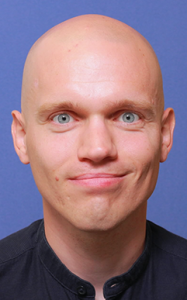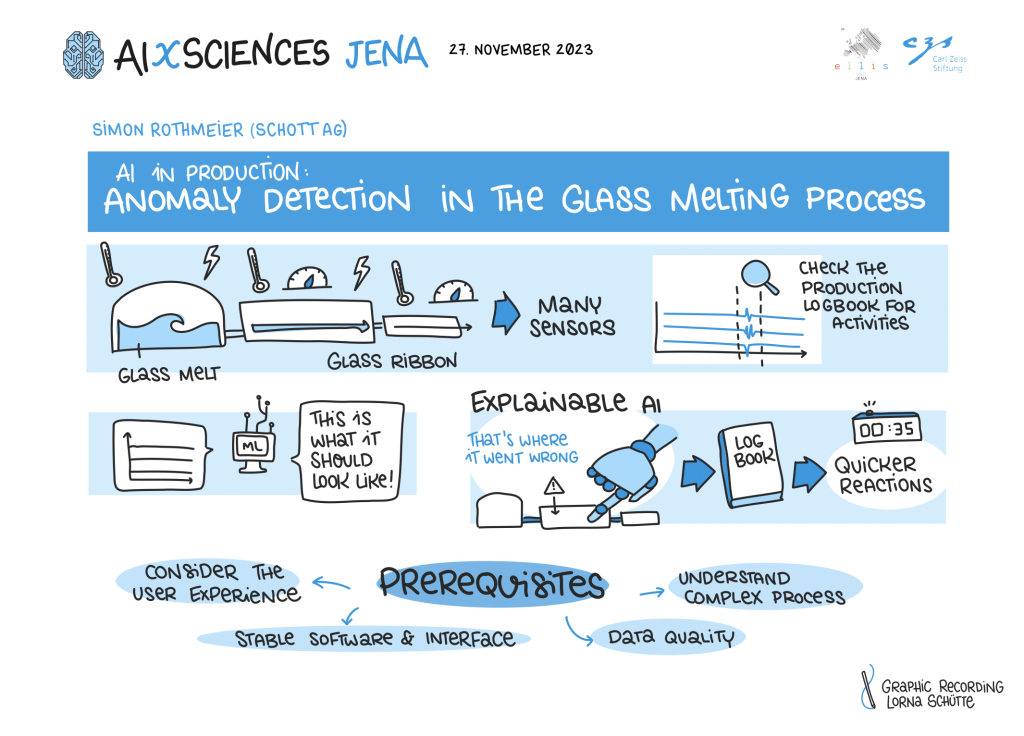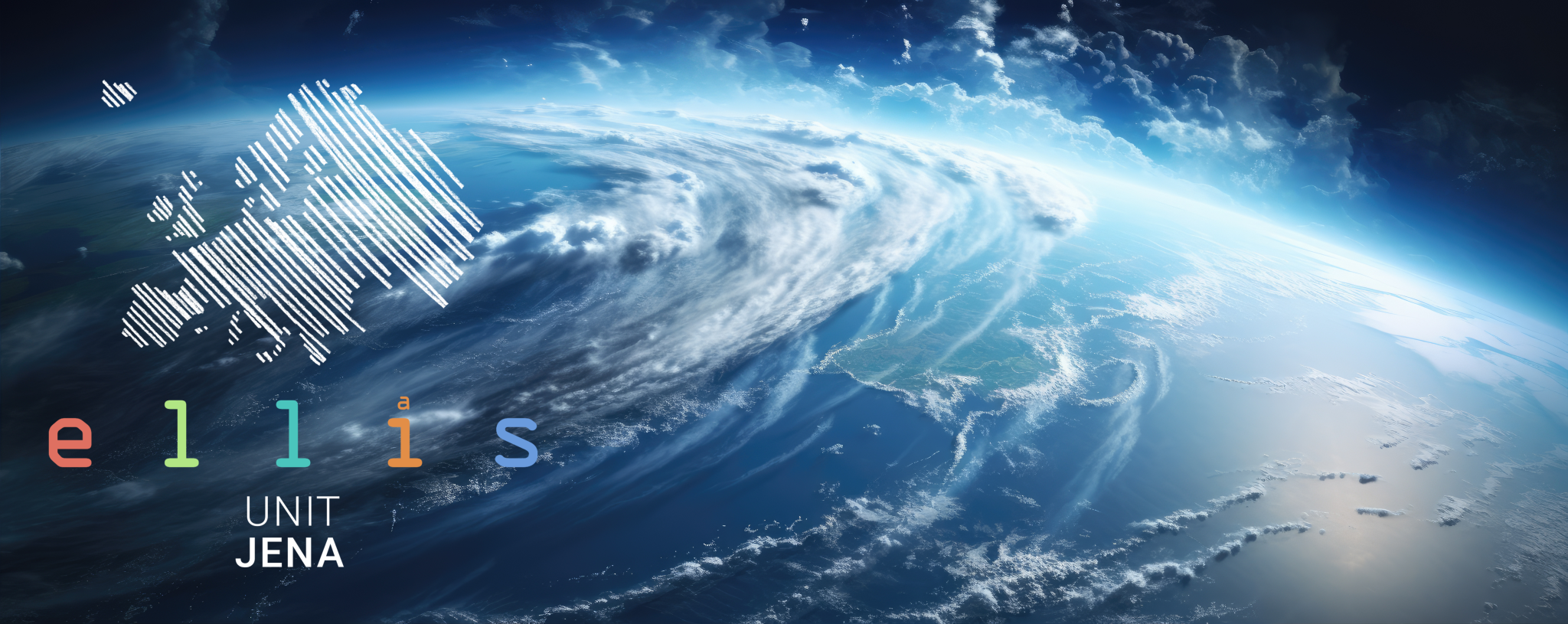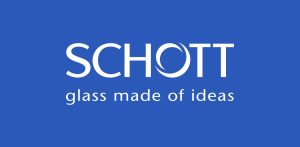
Simon Rotheimer
SCHOTT AG
Title of the inspiring lecture | 14:15 PM – 14:35 PM
AI in production: Anomaly detection in the glass melting process
Abstract
As a specialty glass manufacturer, melting, forming, and finishing glass is at the heart of our business at SCHOTT. Melting glass is a highly complex and rather slow process with many pitfalls along the way. To obtain high quality glass products, error margins during this process are tight. Thus, controlling the process parameters is paramount. Usually, this is done by human supervision, involving manual tracking of multiple measured quantities along the process chain by eye. At SCHOTT we’re aiming to assists our melting operators by providing an AI based software solution which constantly checks and evaluates the state of the various process parameters. We use machine learning techniques to monitor the multivariate sensor-data generated 24/7 during our production, raise alerts when anomalous behavior emerges and provide the operator with insights about the location within the process chain responsible for the deviation.
This enables the humans in charge to react on a shorter timescale and to make faster decisions about the necessary countermeasures to reduce scrap and further optimize the production process. This talk provides an example of the application of an AI based tool in process industry, addressing the difficulties, pitfalls, and fallacies that come with use cases involving real-world-data.
Bio
Simon Rothmeier obtained a B.Sc. in Biomathematics in 2012 from the University of applied science in Koblenz and his M.Sc. in Scientific Computing at the Technical University of Berlin in 2014. After that he joined the computational-neuroscience group of Petra Ritter at the Charité Berlin. In 2016, he started working for the German federal statistical office in Wiesbaden within the departments for software development (Census 2022) and Data Science. From 2020 to 2023, he joined the Data Science & Biomarker Analysis department at BioNTech SE in Mainz, developing a machine-learning pipeline aiming to find possible new biomarker candidates in clinical trials for personalized cancer-vaccines. He started working as a Data Scientist for the central R&D department at SCHOTT AG in July 2023 where he is building a software toolbox for anomaly detection within the production processes for glass melting.



